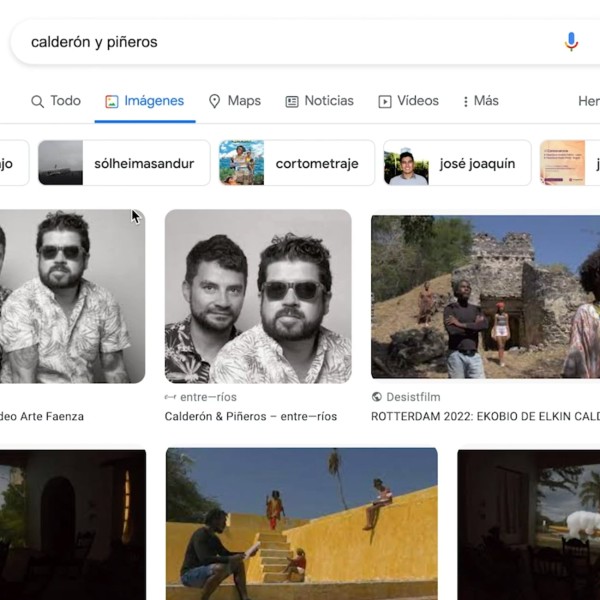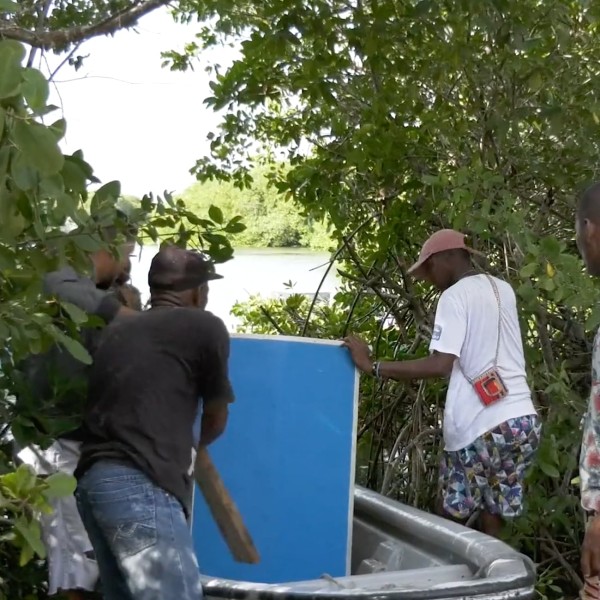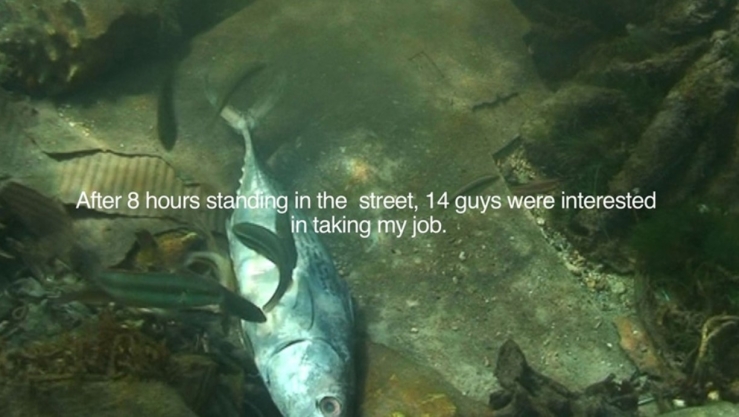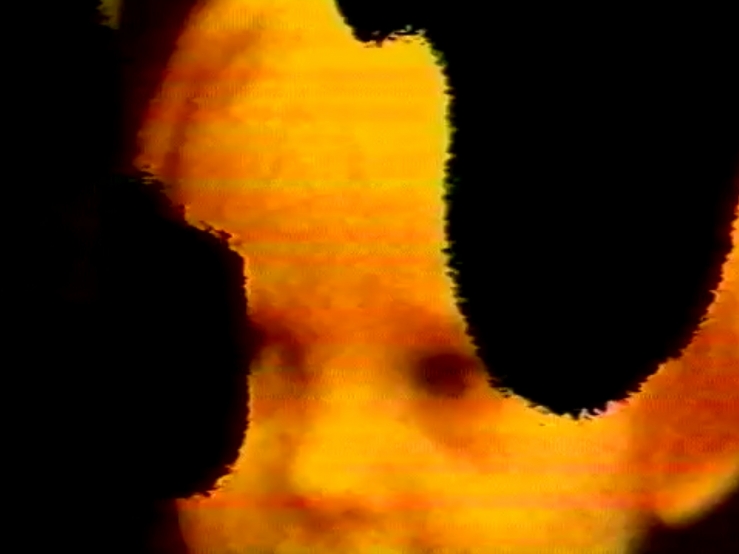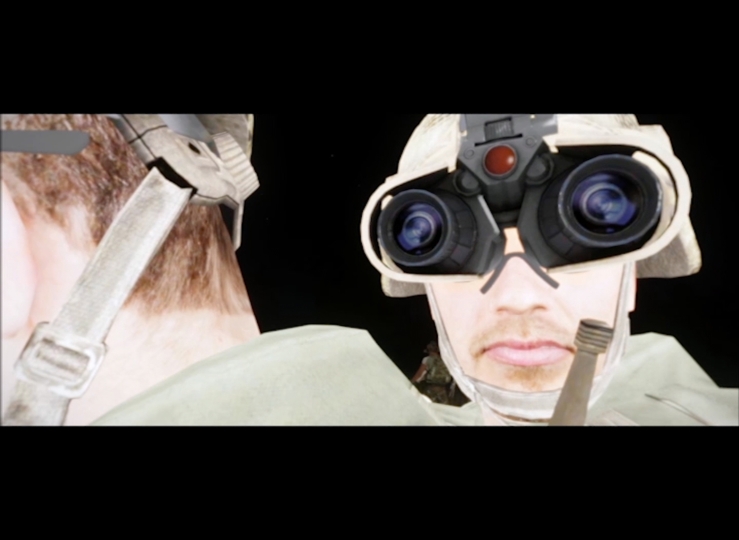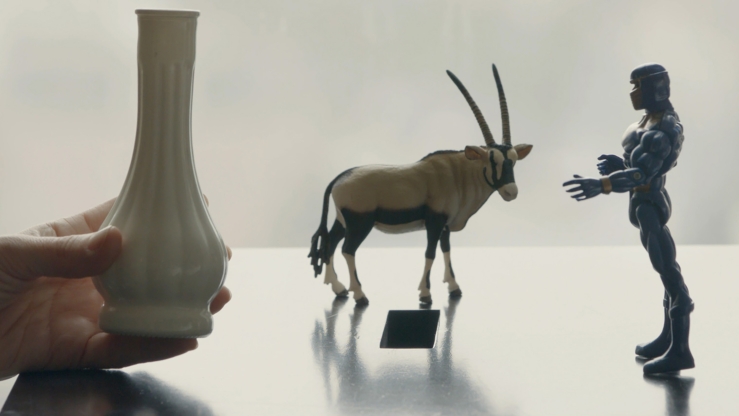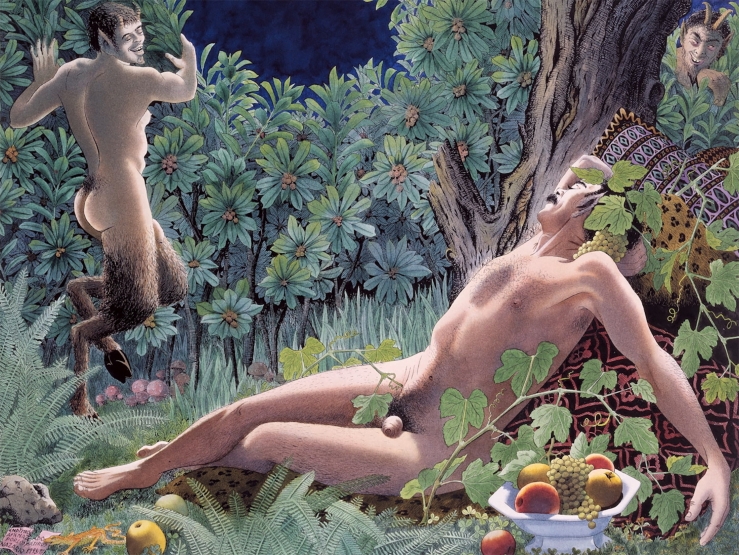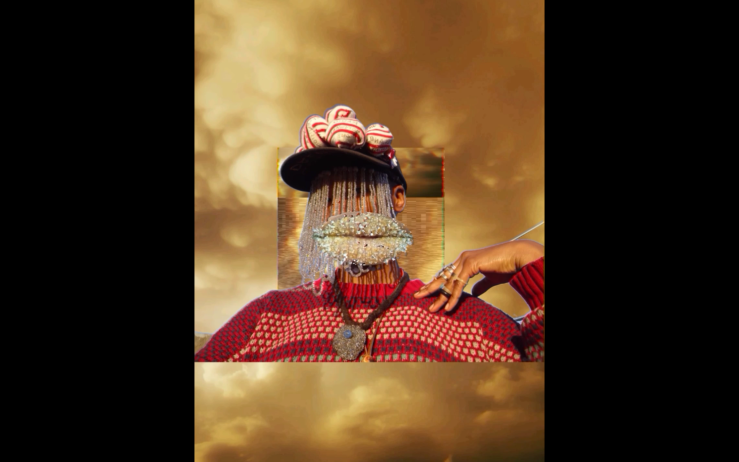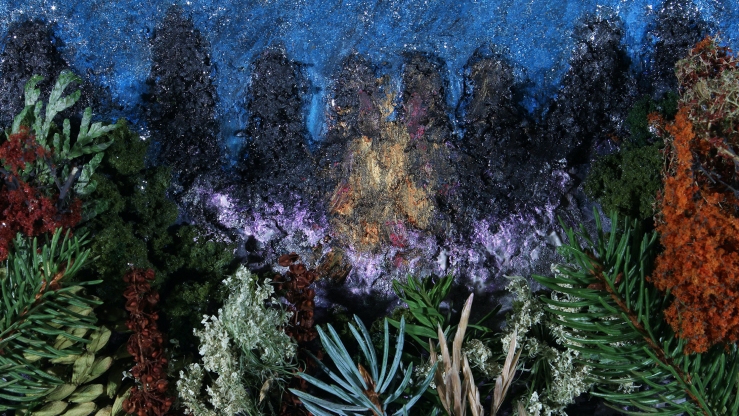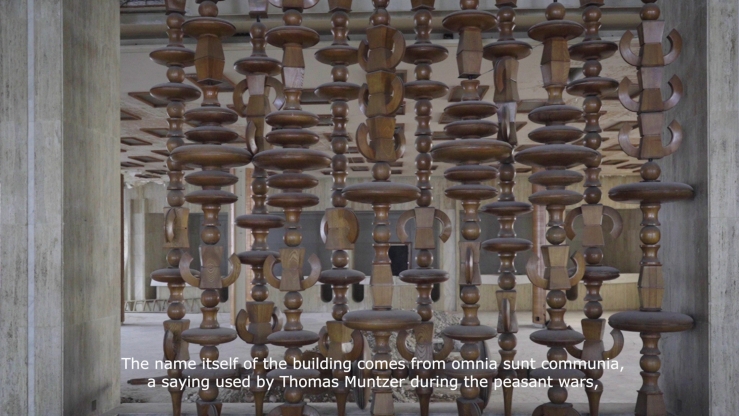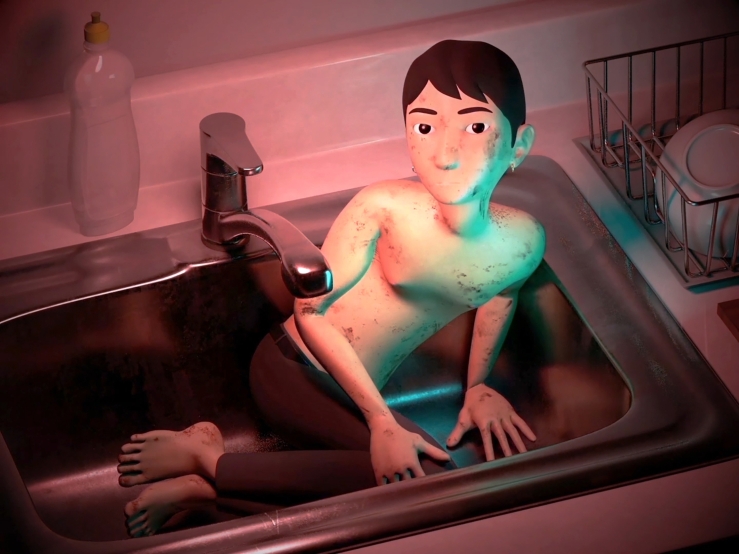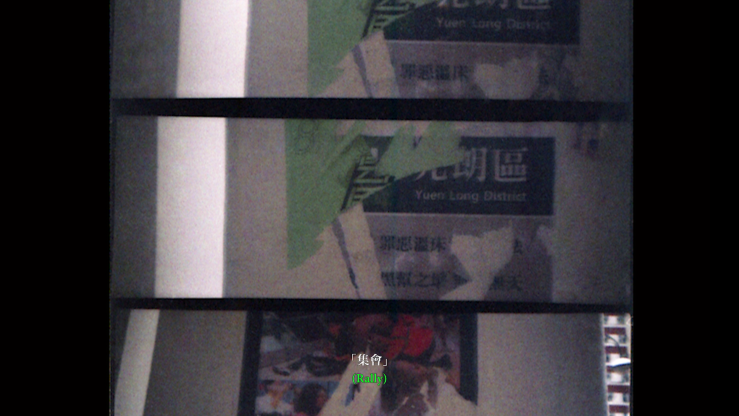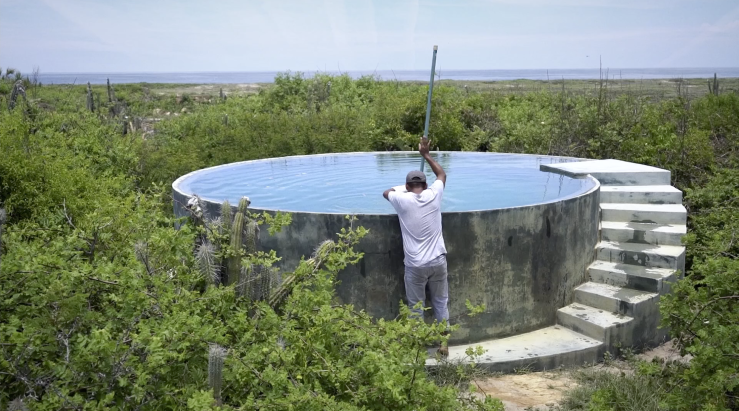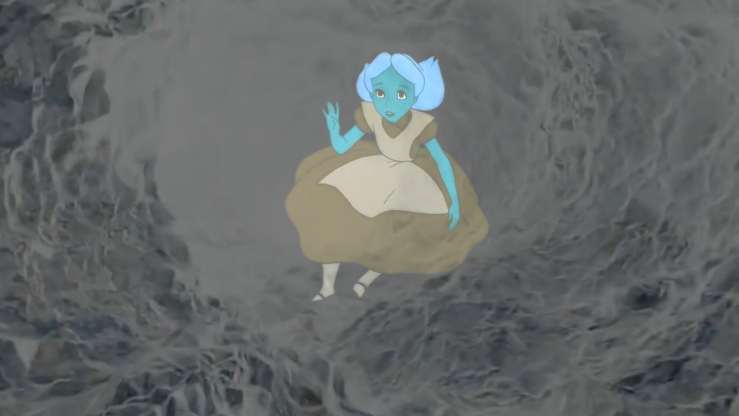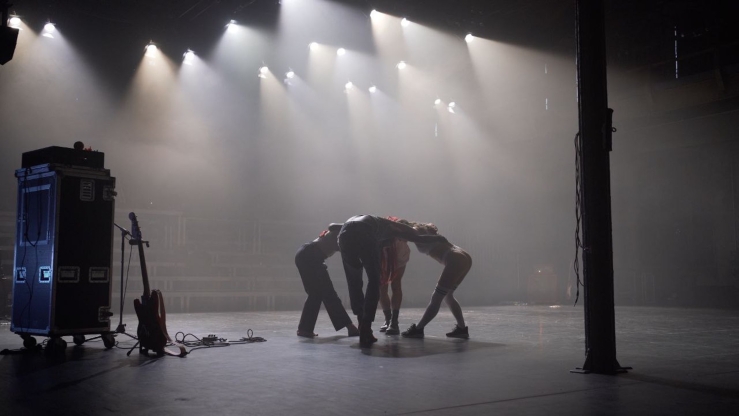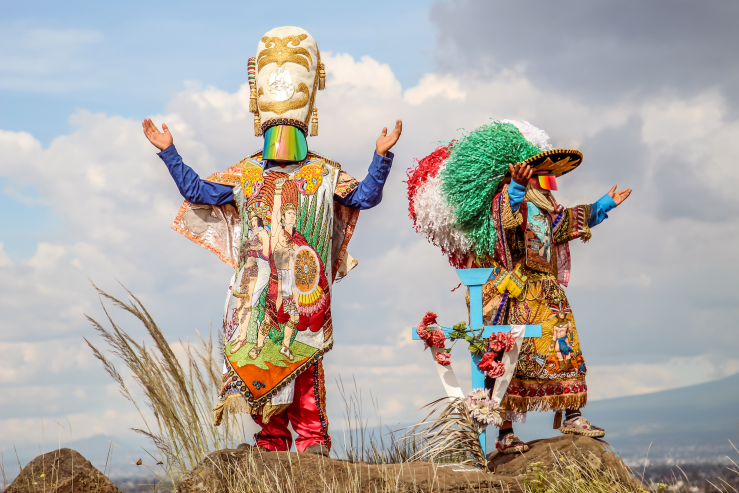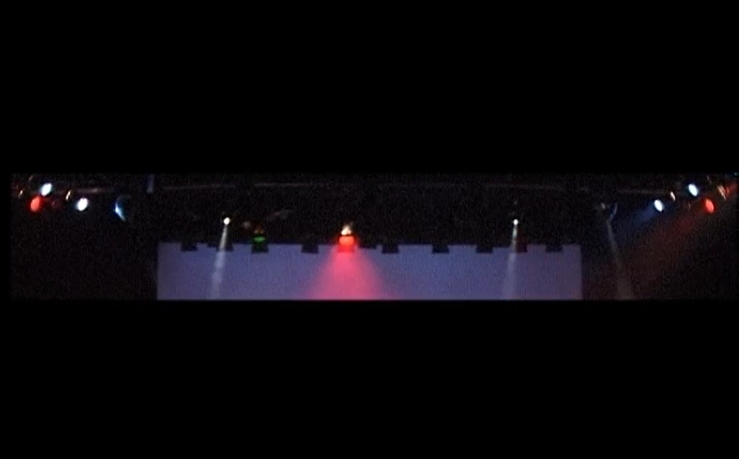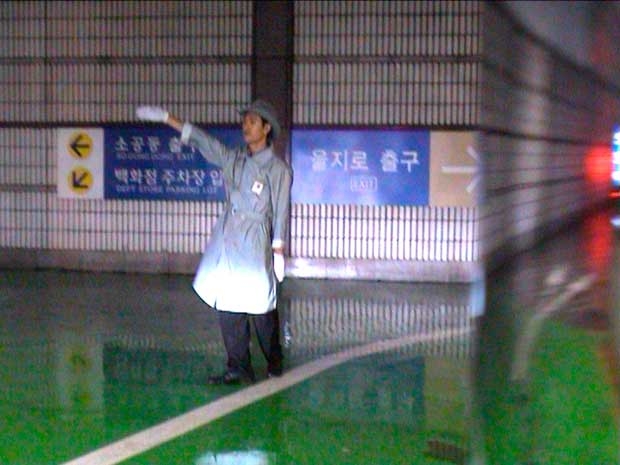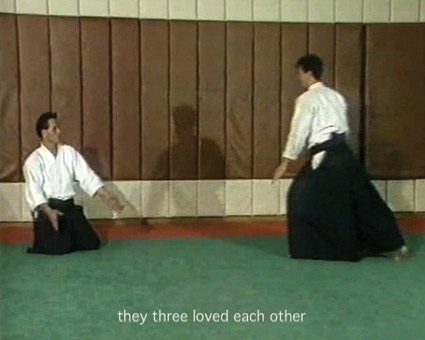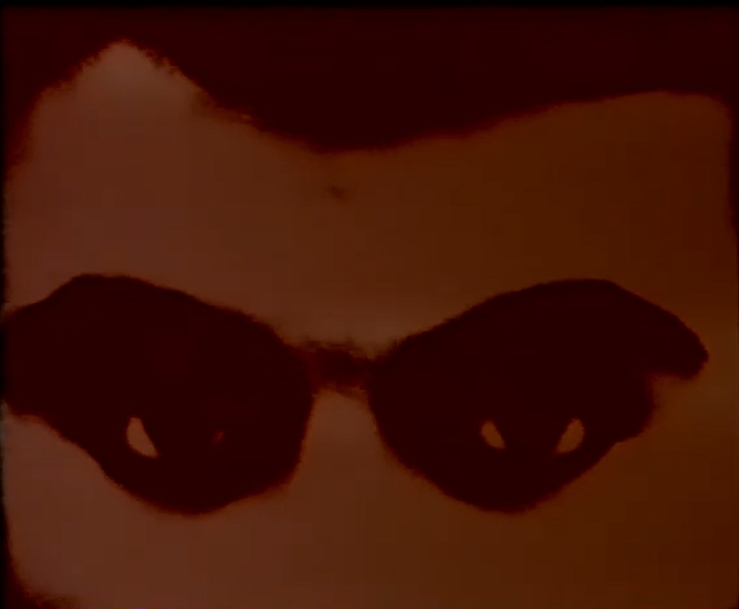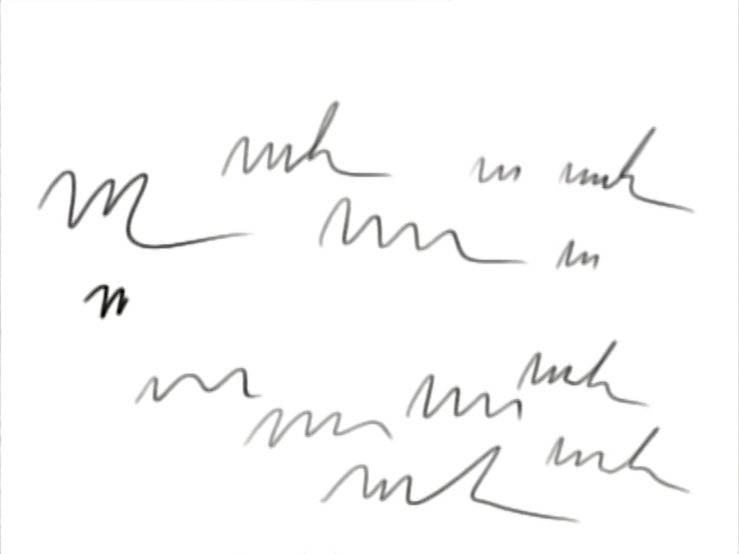EKOBIO
Ekobio means ›brother‹ or ›friend‹. On his journey of tracing black heritage and culture in the Americas, Manuel Zapata Olivella learned this term from the Lucumí people, an Afro-Cuban ethnic group of West African ancestry. Zapata initially used the word to refer to People of Color in order to avoid using words that carry connotations of colonial exclusion. But as his circle of contributors who also raise African consciousness in Latin America grew, the term Ekobio was extended to include friends who are not necessarily black, but who defend the rights of black people.
Brotherhood and friendship are at the core of the project EKOBIO by the collective Elkin Calderón Guevara & Diego Piñeros García. Inspired by Afro- Columbian writer Zapata, the filmmakers travelled the insular area of Cartagena for several weeks. Here they befriended a group of people from Boca Chica, who are descendents of the African diaspora. Together they created ›mise en scènes‹ and audiovisual narratives, inspired by the location that is imbued with colonial history. The film uses the Lime kilns region as its primary stage. The ancient ruins were once central to the construction of Cartagena. As a former Spanish colony, the city was the main port, where the ships of enslaved Africans arrived. On their return journey, the ships were heavy with their cargo of Peruvian silver.
With the support and participation of the community and four actors from Boca Chica in the lead, EKOBIO takes us back in time to understand how African heritage is lived today. The collage of music and playfully improvised performances follows the logic of Zapata’s novel Changó the Biggest Badass, allowing different times and places to overlap in the film. Inspired by one of the novel’s chapters, actors Belmir Caraballo Díaz, Evenazar Blanquicett Godoy, Alexandra Castro, and Seny Blanquicett decide to write their own story, in dialogue with the colorful and sculptural ›Picós‹. These Afro-Columbian sound systems foster transatlantic connections and transmit ancestral voices into today’s reality. And while we see a massive cargo ship coming in, we are reminded that the colonial past still echoes in the present. However, through the ›Picós‹ we hear the dreams for the future: »In this film the Ekobios will finally be the winner.« (Nathanja Van Dijk)
Supported by the Ministry of Culture of Colombia and ETCAR (Escuela Taller de Cartagena)
Images: Elkin Calderón Guevara & Diego Piñeros García, EKOBIO, 2021 © Elkin Calderón Guevara & Diego Piñeros García
About the video
About the artists
- 1975 in Bogotá, COL, lives and works in Berlin, GER.
Studied at the Universidad de los Andes, Bogotá, COL, and at the Universidad Autónoma de Barcelona, ESP
- 1981 in Bogotá, COL, lives and works in Bogotá, COL.
Studied at the Universidad de los Andes, Bogotá, COL
Insights at Videonale X
